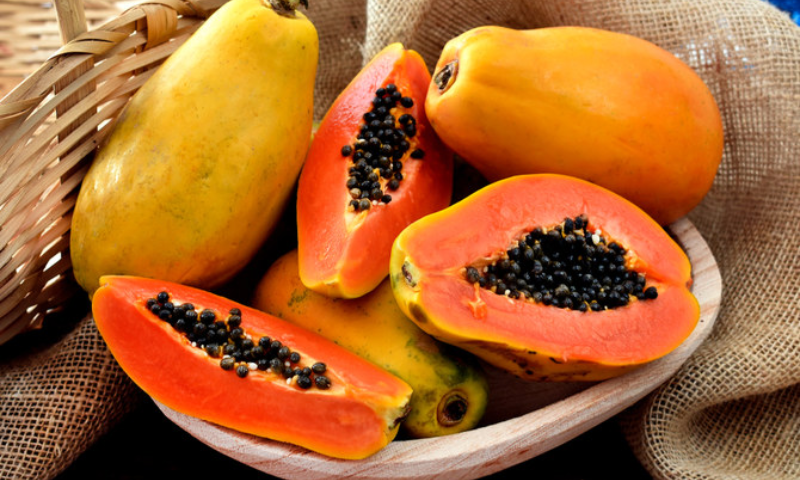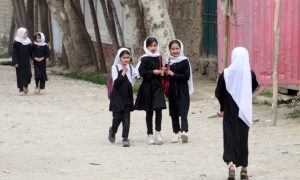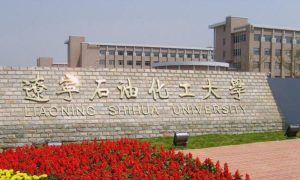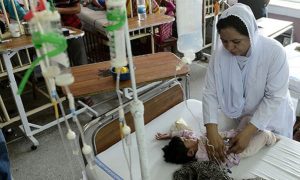RIYADH: Saudi Arabia is making significant strides toward achieving self-sufficiency in papaya production, with the annual yield of the tropical fruit surpassing 4,000 tons.
As part of its commitment to achieving food security under Vision 2030, the Kingdom has been intensifying efforts to cultivate papaya and raise its cultivation rate.
According to a report released by the Ministry of Environment, Water, and Agriculture, the Kingdom has achieved 95 percent self-sufficiency in papaya production.
Export figures indicate that Saudi Arabia exported 296 tons of papaya, while re-exports accounted for 3.8 tons. The country’s papaya imports stood at 571 tons.
The papaya fruit production season in Saudi Arabia begins in May and continues until August, primarily concentrated in the Eastern Province and Jazan region, as highlighted in the report.
Saudi Arabia cultivates various types of papaya
The Kingdom cultivates various types of papaya, with the “Red Lady” hybrid being the most popular and widely grown variant. Other variants such as “Red Bella” and “Tainung,” along with several local and imported variants, are also cultivated.
The report emphasized the health benefits of papaya, citing its role in improving digestion and providing essential nutrients such as vitamin C, folic acid, and vitamin A.
The Ministry of Environment, Water, and Agriculture noted that tropical fruit crops like papaya and mango hold significant economic potential for the Kingdom.
In April, the ministry announced that Saudi Arabia had achieved 60 percent self-sufficiency in mango production, with an annual yield of 88,600 tons. This milestone was reached through the cultivation of over 6,880 hectares of mango trees.
The ministry remains committed to strengthening the agriculture sector by increasing the production of various vegetables and fruits.
Efforts are underway to enhance the efficiency of locally produced fruits, particularly during their respective harvest seasons, while focusing on improving their quality and safety standards.
These measures are expected to support local farmers, boost their financial returns, and enhance overall agricultural sustainability.
Since the launch of the Sustainable Agricultural Rural Development Program in 2019, Saudi Arabia’s agriculture sector has witnessed significant improvements.
The program aims to enhance the production, processing, and marketing of fruits, fish, livestock, Arabic coffee, and rain-fed crops.
The continuous growth in papaya production and the overall progress in Saudi Arabia’s agricultural sector reflect the country’s determination to achieve self-sufficiency, enhance food security, and promote sustainable agricultural practices.

























